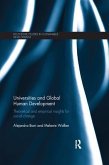
Broschiertes Buch
Theoretical and empirical insights for social change
21. Dezember 2017
Routledge / Taylor & Francis
| Gebundenes Buch | 206,99 € | |
| eBook, ePUB | 49,95 € | |
| eBook, PDF | 49,95 € |
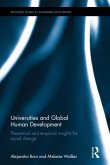
Gebundenes Buch
Theoretical and empirical insights for social change
15. April 2016
Routledge
eBook, ePUB
14. April 2016
Taylor & Francis eBooks
eBook, PDF
14. April 2016
Taylor & Francis eBooks
11,99 €
inkl. MwSt. und vom Verlag festgesetzt.
Sofort per Download lieferbar
Ähnliche Artikel
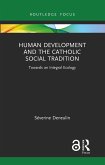
21,99 €
Versandfertig in 6-10 Tagen
Broschiertes Buch
Towards an Integral Ecology
31. Mai 2023
Laudato Si' Research Institute / Routledge / Taylor & Francis

23,99 €
Versandfertig in 6-10 Tagen
Broschiertes Buch
Informal Workers in India
21. April 2016
Routledge / Taylor & Francis

Broschiertes Buch
Voices on Diversity and Plurality
27. Mai 2024
Routledge / Taylor & Francis
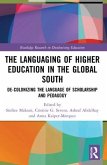
Broschiertes Buch
De-Colonizing the Language of Scholarship and Pedagogy
25. September 2023
Routledge / Taylor & Francis
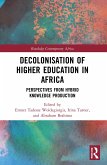
Broschiertes Buch
Perspectives from Hybrid Knowledge Production
31. Mai 2023
Routledge / Taylor & Francis
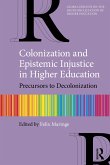
Broschiertes Buch
Precursors to Decolonization
8. März 2023
Taylor & Francis Ltd
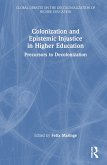
Gebundenes Buch
Precursors to Decolonization
8. März 2023
Taylor & Francis Ltd
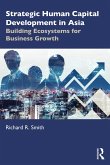
Broschiertes Buch
Building Ecosystems for Business Growth
23. Juni 2022
Routledge / Taylor & Francis
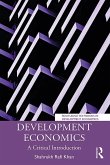
Broschiertes Buch
A Critical Introduction
6. November 2019
Routledge / Taylor & Francis
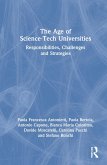
Gebundenes Buch
Responsibilities, Challenges and Strategies
29. Dezember 2021
Routledge / Taylor & Francis
Ähnlichkeitssuche: Fact®Finder von OMIKRON
